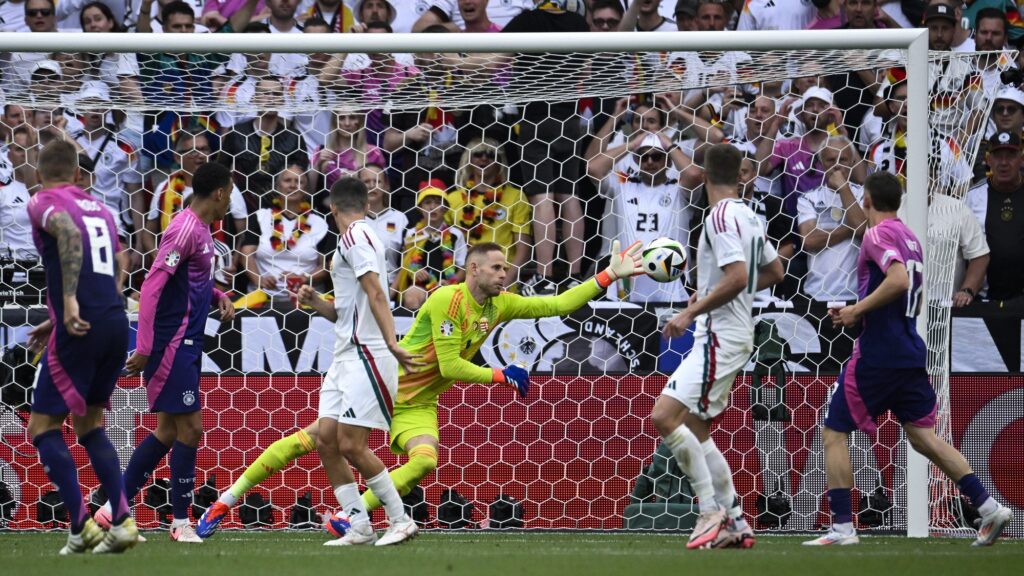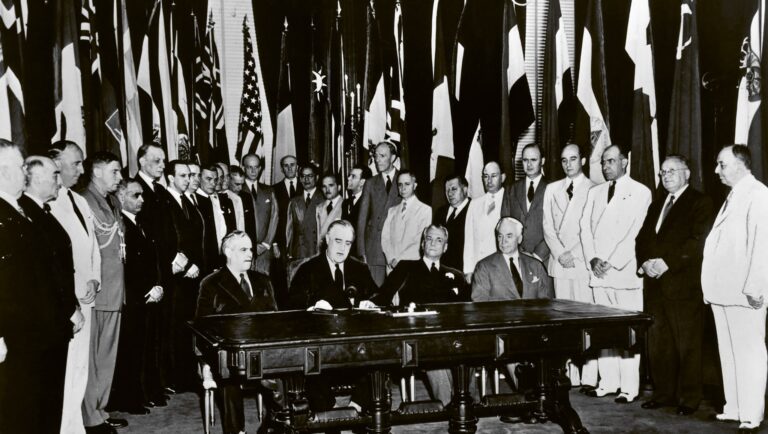E-Fuels
President of the European Commission Ursula von der Leyen allegedly promised to amend upcoming emissions rules, according to Germany’s finance minister, who happens to be the owner of a Porsche.
Christian Lindner, speaking to POLITICO, said that German Chancellor Olaf Scholz and von der Leyen struck a deal in secret in June to allow the use of synthetic fuels, or e-fuels, under new EU fuel efficiency standards that will mandate zero emissions for new car and van sales by 2035. The Commission declined to respond to the news websites queries, citing only a previous statement that does not expressly mention e-fuels, instead makes the vague commitment to introduce new legislation ‘if appropriate.’
Electric Plans
A 2035 EU-wide sales ban on polluting automobiles has been agreed upon by EU member states, the European Parliament, and the Commission. This effectively forces the industry to transition to electric or hydrogen vehicles.
‘With a view to reaching an agreement before the start of next year, the federal chancellor and von der Leyen are currently negotiating the last few specifics on this,’ said Lindner. ‘I am confident that this understanding will also translate into real political action,’ he added. In the conclusions the Council came to in June, Germany did manage to put in a reference to e-fuels, but it was in a non-binding appendix and not the main language. On 9 September, Lindner and Transport Minister Volker Wissing met with Internal Market Commissioner Thierry Breton in Berlin to ask for support for such a late change to the draft law. According to one official briefed on the meeting, Lindner requested support for changes to the text that would ensure e-fuels could be used in vehicles sold after 2035.
In spite of allegations that the legislative annex was just included to give Lindner a symbolic victory, reopening the matter at such a late date remains a red line for the Parliament’s principal negotiator. According to Lindner, e-fuels are critical for the survival of Germany’s robust auto sector. E-fuels can replace fossil fuels in conventional engines since they are created by mixing ambient CO2 with hydrogen. Supporters claim that the technology makes fuels climate neutral by removing the same amount of carbon as it emits, saving the internal combustion engine. However, the fuels continue to release harmful nitrogen oxide, casting doubt on their claim to be environmentally friendly.
Electric Vehicles and Hungary
The idea of switching a country’s vehicle fleet to completely electric is not a sudden move from governments. For years now, every country has strived toward enabling their population to acquire more emission-free cars at lower prices. Many of them have introduced new laws that help buyers finance their new purchases, as an incentive to switch to electric. Hungary is one of these countries. In May this year it was announced that without needing to apply for the subsidy, every person who is looking to buy a new electric car will be automatically entitled to it.
The Orbán government has consistently said that one of its objectives is for Hungary to become totally carbon neutral by the year 2050. Although personal automobiles only account for a small portion of transportation-related emissions—traffic and traffic-related emissions currently account for one-fifth of carbon dioxide emissions. Hungary is leading the way in becoming carbon-neutral by 2050 with its growing fleet of electric vehicles. The setting up of more charging stations will also encourage customers wanting to purchase new vehicles to consider going electric. With more and more motorists converting to EVs, more charging stations will be needed, establishing a supply-and-demand feedback loop that offers an excellent solution to cutting emissions in urban areas.
All this means that the proposal of the German finance minister would most likely not be supported in Hungary. However, e-fuels could be a future alternative for every European country. Although they are not completely emission free, they would reduce emissions to a significant degree. The question that arises is whether it pays off to switch to fuels and cars that provide less emissions than average, or if makes more sense in the long run to stick to the completely carbon-neutral plans. On the one hand, the obvious choice would be to fight for an emission free future, especially if one is to reach their goals by 2050. On the other hand, it is also clear that most countries—even if on the right path—are not as close to their goals as they would like to be in the present moment. So resorting to combustion engines propelled by e-fuels could be the best alternative, and temporary, solution available for now.








